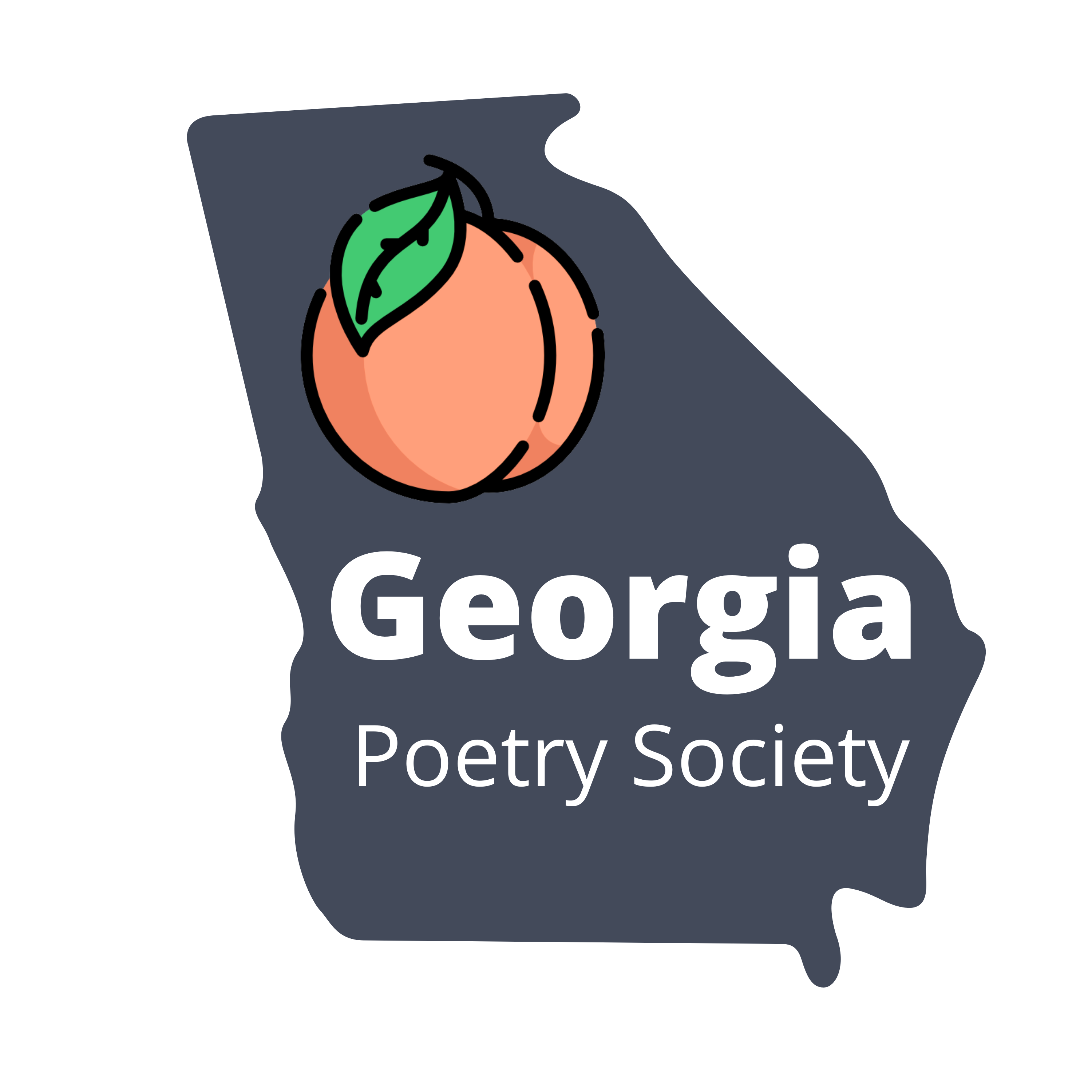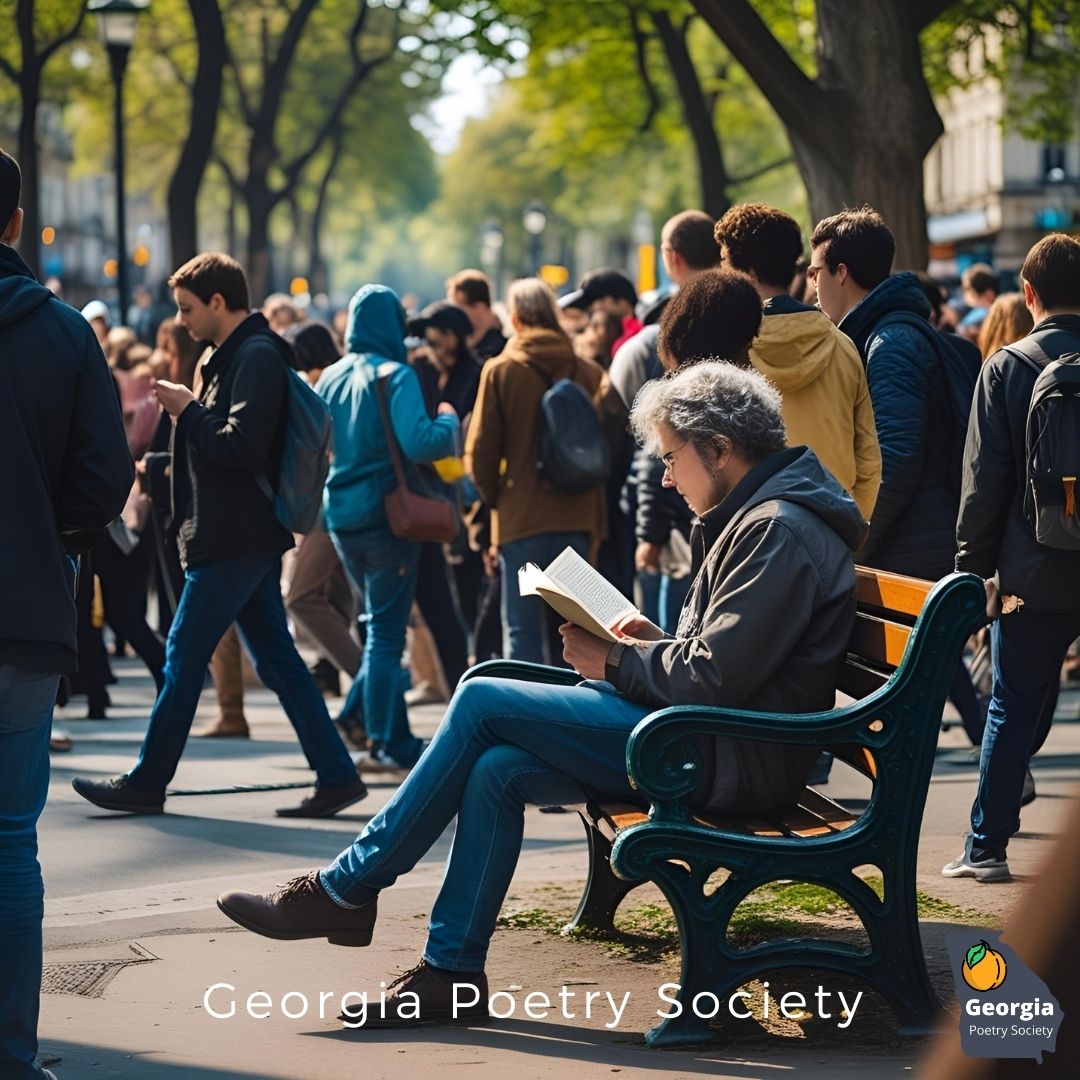Poetry has always been more than beautiful language on a page. It’s a mirror held up to society, a protest shouted without raising a fist, and a quiet spark capable of igniting massive change. Across generations, poets in Georgia have embraced this role, using verse to confront injustice, amplify marginalized voices, and move communities toward a more just and compassionate world.
A Historic Legacy of Words as Weapons
During the civil rights era, Georgia became a crucible for activism—and poetry was a vital part of the movement. While leaders like Dr. Martin Luther King Jr. inspired crowds with speeches steeped in Biblical cadence and poetic imagery, other writers and poets worked in parallel, putting the emotional weight of the struggle into lines that could not be ignored.
- Margaret Walker, though based in Mississippi, influenced many Georgia poets through her searing portrayals of Black life in the South, encouraging others to write boldly about personal and collective pain.
- Lucille Clifton, whose work often appeared in Georgia publications, used spare, precise language to address racism, womanhood, and resilience.
- Alice Walker, born in Eatonton, Georgia, wrote early poetry collections that foreshadowed her later novels, giving voice to the experience of Southern Black women long before it was widely represented in mainstream literature.
These poets and others helped solidify the idea that poetry was not just personal—it was political. Their words built empathy, raised awareness, and lent courage to people who felt alone in their fight for freedom.
Modern Georgia Poets Carry the Torch
Fast forward to today, and Georgia’s poetry scene remains alive with writers who tackle issues such as racial justice, immigration, gender equality, environmental sustainability, and LGBTQ+ rights.
- Jericho Brown, Pulitzer Prize winner and Emory University professor, uses his inventive “duplex” form to confront race, sexuality, and violence in America.
- Theresa Davis, an Atlanta-based spoken word artist, brings fiery performances to stages across the country, challenging audiences to face uncomfortable truths.
- Xavier “Xay” Smith, a young poet from Savannah, blends hip-hop rhythm with sharp commentary on poverty and education, proving that poetry resonates with every generation.
These poets prove that social change is not a relic of the past—it is still unfolding in real time. Their words echo through classrooms, bookstores, cafes, and open mics across Georgia, inspiring listeners to question, to hope, and to act.
Why Poetry Works as a Catalyst for Change
- It distills complex issues. A poem can take something massive—racism, inequality, climate change—and make it tangible, relatable, even unforgettable.
- It reaches beyond barriers. Whether someone has a PhD or has never stepped foot in a classroom, poetry speaks to shared human emotions.
- It sticks with us. A powerful poem is easy to memorize, share, and repeat. Unlike a news article or report, it becomes part of our cultural memory.
- It builds community. From the salons of the Harlem Renaissance to modern open mics, poetry has always been a way for people to gather, listen, and feel seen.
How You Can Join the Tradition
You don’t have to be a published poet to make an impact. Poetry for social change starts with telling your truth.
- Write what matters to you. Whether you’re journaling about a local issue or writing a piece for performance, your words have power.
- Share your work. Attend open mics, submit to local anthologies, or post online. Georgia has thriving poetry spaces where every voice is valued.
- Support others. Read and promote poets who are addressing critical issues. Follow them on social media, buy their books, or invite them to speak in your community.
- Use poetry as dialogue. In classrooms, workplaces, and neighborhoods, poetry can open conversations that might otherwise feel too difficult to start.
Georgia’s Voices Remind Us: Words Can Change the World
From the courageous lines of poets writing during the civil rights era to the electrifying spoken word performances happening in Atlanta today, Georgia’s poets have always challenged us to listen more deeply and act more boldly. Their work is proof that poetry is not simply art for art’s sake—it is a tool for transformation.
When we honor these voices, past and present, we carry forward a tradition that uses creativity to heal wounds, challenge injustice, and build a better tomorrow.


One thought on “Poetry as a Tool for Social Change”
awesome sauce. I love poetry. It really does help us as changing people, to learn more not just about ourselves, but others as well. Sometimes, poetry can help people feel seen and problems be called out and addressed.